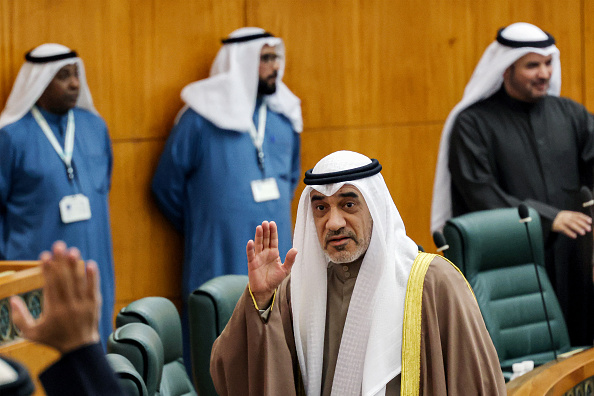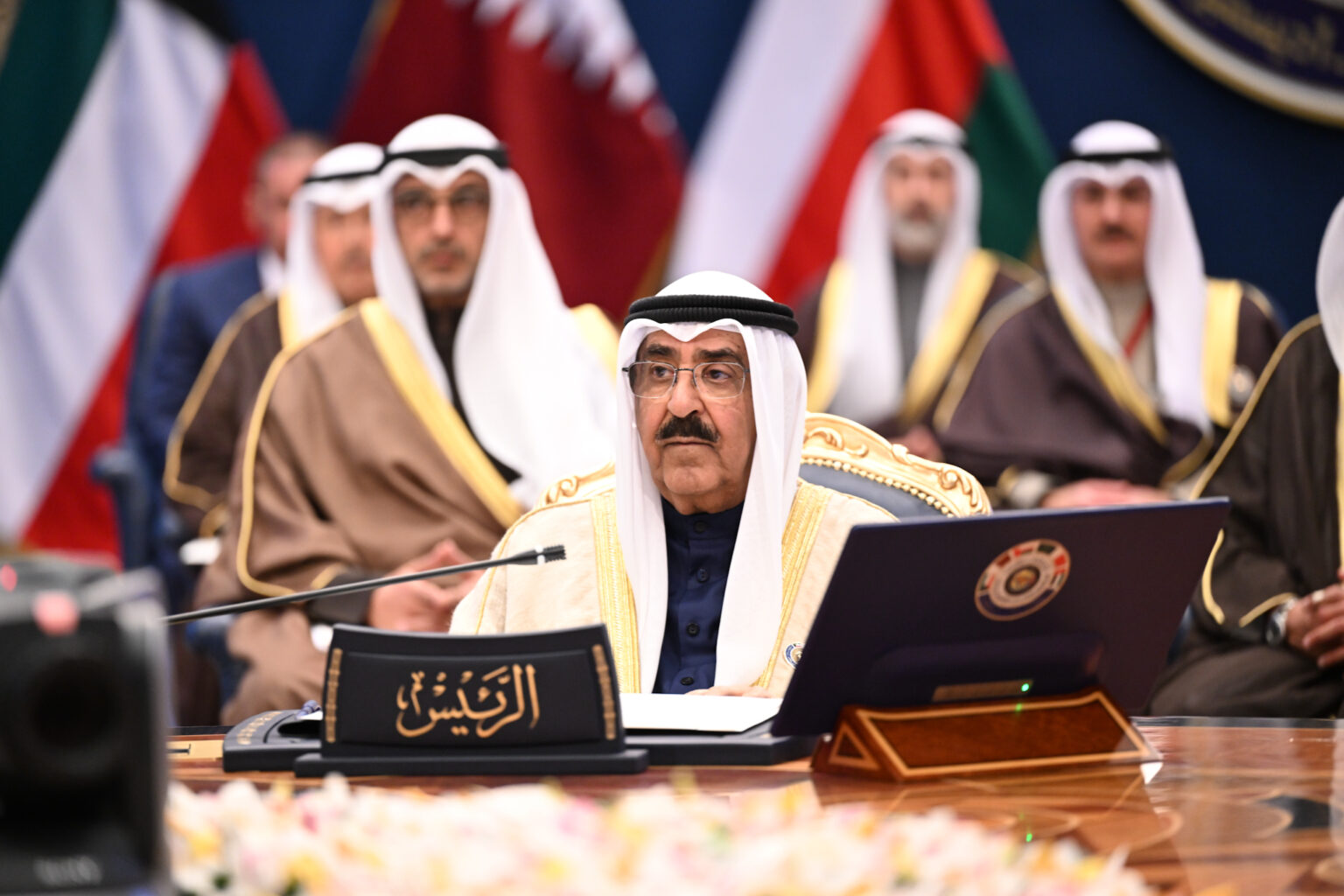In a dramatic and deeply unsettling move, the Kuwaiti government has revoked the Citizenship Revocations of approximately 42,000 individuals, signaling a notable shift toward authoritarian governance in the Gulf state. This decision marks one of the largest mass denationalizations in recent Middle Eastern history and has profound implications not only for the affected individuals but also for the country’s social fabric and international reputation.
The revocation of citizenship is not just a bureaucratic change — it strips people of their legal identity, rights, and protections that come with being recognized as a citizen. The move has triggered alarm across human rights circles and sparked widespread concern among Kuwaitis and observers alike about the future direction of the country’s political landscape.
The Scale of the Revocation and Its Justifications
The decision to revoke the nationality of such a large segment of the population is unprecedented in Kuwait’s modern history. Many of those affected come from families who have lived in Kuwait for generations, contributing to the country’s economic growth and social development. Their sudden loss of citizenship leaves them in a precarious legal and social position.
According to government officials, the revocations are aimed at individuals suspected of undermining national security or engaging in activities deemed harmful to Kuwait’s interests. However, this justification has been widely criticized as vague and overly broad. Critics argue that the policy is a deliberate tool to silence dissent and marginalize groups viewed as politically inconvenient or oppositional.

This approach reflects a broader regional pattern in Gulf countries, where authoritarian regimes are increasingly using legal mechanisms to consolidate power, limit political participation, and suppress civil liberties. Citizenship revocation, in this context, serves as a powerful means of exclusion and control.
The Human Cost: Lives Disrupted and Futures Uncertain
Behind the statistics are thousands of human stories marked by fear, confusion, and hardship. Losing citizenship effectively renders individuals stateless, depriving them of fundamental rights and protections. They may lose access to government services, healthcare, education, and employment, making everyday life a struggle.
Families face the trauma of being suddenly severed from the rights and privileges that define their identity and security. Many report feeling abandoned by the country they once considered home. The psychological impact is profound, as affected individuals grapple with the stigma of statelessness and the uncertainty about their future.
For many, the loss of citizenship is not just a legal matter but a devastating personal crisis. It challenges their sense of belonging and identity, shaking the very foundation of their lives. The ripple effects extend beyond the individual, impacting families and communities, and raising concerns about social cohesion in Kuwait.
Authoritarianism on the Rise: A Regional Trend
Kuwait’s citizenship revocation policy is symptomatic of a wider authoritarian trend across the Gulf region. While some Gulf states initially flirted with promises of political reform and greater openness, recent years have seen a retrenchment of power by ruling elites.
Governments are increasingly deploying measures that restrict freedoms, control opposition, and manage demographics in ways that reinforce authoritarian rule. Stripping citizenship becomes a tool to exclude perceived threats and maintain the status quo, especially during times of economic uncertainty and geopolitical tension.
This strategy, however, carries risks. It threatens to alienate significant segments of the population, undermine trust in institutions, and create grievances that could destabilize societies in the long run. The balance between security and rights remains a delicate and contested terrain.
International Response and the Call for Accountability
The international community has voiced serious concern about Kuwait’s mass citizenship revocations. Human rights organizations have condemned the move as a violation of international norms and standards, warning about the humanitarian consequences for those rendered stateless.
There is growing pressure on Kuwait to halt further revocations and to engage with affected individuals through dialogue and legal recourse. Observers emphasize that citizenship should not be weaponized for political ends, but rather protected as a fundamental human right.
Diplomatic efforts are ongoing, though tempered by the geopolitical realities of the Gulf. Kuwait’s strategic importance and alliances make international responses cautious and measured, but human rights advocates continue to push for meaningful reforms.
Implications for Kuwait’s Social and Political Future
The mass revocation of citizenship is likely to have deep and lasting impacts on Kuwait’s society. It risks creating a disenfranchised underclass, vulnerable to social exclusion and economic hardship. Such marginalization could breed resentment and social unrest, posing challenges to national stability.
Kuwait, known for its relatively open political culture within the Gulf, now faces a turning point. The government must weigh the consequences of alienating tens of thousands of residents against its security and political objectives. How Kuwait navigates this crisis will shape its future identity as a nation.
Experts suggest that long-term stability and prosperity depend on inclusive governance that respects citizens’ rights and fosters national unity. Exclusionary policies may offer short-term control but can undermine the social cohesion necessary for sustainable development.
A Nation at a Crossroads
As Kuwait pursues this controversial policy, the world watches closely. The stripping of citizenship on such a scale challenges fundamental notions of justice, identity, and statehood. It also highlights the precarious nature of citizenship as a legal and social contract that governments can manipulate.
For those affected, the road ahead is uncertain and fraught with difficulties. For Kuwait, the decision reflects a broader struggle between authoritarian control and democratic ideals. The choices made now will resonate for generations, influencing not only those who have lost citizenship but the country’s standing in the global community.
The hope remains that Kuwait will find a path that respects human dignity and embraces inclusivity, balancing security concerns with the rights and aspirations of all its people. Until then, the stories of those stripped of their citizenship serve as a powerful reminder of the human cost of political decisions.



